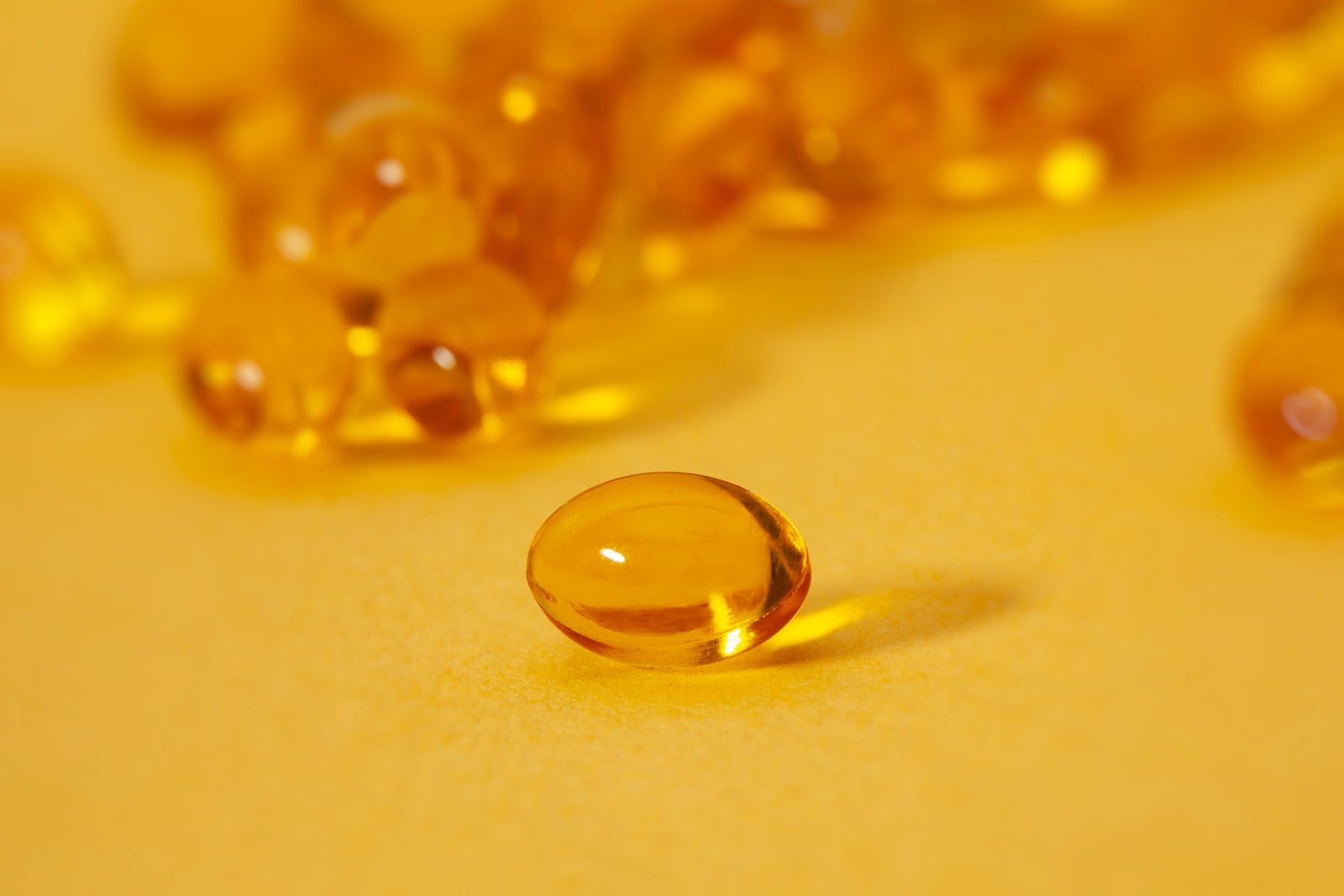
Is This the Most Underestimated Immune Supporter Around?
While it may seem like we’ve been talking extensively about doing all you can to support the health of your immune system these past few weeks… the truth is Dr. Wiggy and the rest of the practitioners at our clinic have been talking about immune health since the doors of the office first opened in 2011.
Your immune system is your first line of defense in keeping you safe from pathogens.
And the reason so many people are sick in America has to do with the simple fact that lifestyle choices have compromised their immune system.
Here’s a brief list of things you can do starting today that’ll instantly support a healthy immune system.
- Ditch refined sugars
- Sleep well
- Exercise daily
- Meditate
- Get rid of toxic cleaning products
- Be in relationship with friends and family
- Eat high-quality fats
- Consume loads of vegetables of every different color.
Should you make the switch to incorporate all these behaviors into your routine starting tomorrow you’d find that your immune system would reap benefits.
There is another thing you can do to help support a healthy immune system.
In fact, it’s likely true that this is one of the most underrated ways to support a healthy immune system.
Boosting vitamin D-3 Intake.
Because so many of you are focused on supporting immune health right now we’re discounting our high-potency 7,500 IU vitamin D-3 supplement.
Without Proper Vitamin D-3 Intake Your Immune System Will Tank Hard
Vitamin D-3 does not need to be taken in supplemental form.
That’s because our bodies manufacture it by converting UV-rays from the sun into vitamin D-3.
And while we don’t need to take supplemental forms of vitamin D-3, the vast majority of Americans don’t have the biologically sufficient levels. 100 years ago vitamin D-3 level deficiency wasn’t an issue because our ancestors spent a good deal of time outdoors and ate foods rich in this nutrient.
Today however vitamin D-3 deficiency is a very real thing and it’s all thanks to how we spend so much time indoors now.
That, and the fact that the further North we live from the equator, the weaker the UV-rays are means we require supplements for vitamin D-3 conversion.
Vitamin D-3 is an essential nutrient for immune health.
First, it helps your body mount a full-scale response to whatever might be causing your body harm. Vitamin D is known to help fight inflammation, a natural immune response, but vitamin D can help to bring the inflammation down in your body once that reaction is no longer needed.
The National Institute of Health wrote about this not too long ago.
In their article on vitamin D, they pointed out vitamin D helps to boost the body's immune response. Furthermore, they pointed out a deficiency in vitamin D resulted in decreased immunity.
Then there are studies showing how effective it is at helping boost immunity:
"A study done in Japan, for example, showed that schoolchildren taking 1,200 units of vitamin D per day during the winter time reduced their risk of getting signs of seasonal sniffles, cough and sore throat by about 40 percent."
We believe that the white blood cells (which are the cells of your immune system) require Vitamin D to function. As the white blood cells have receptors for vitamin D-3 that serves as catalysts to activate enzymes on the surfaces of all white blood cells, a deficiency will impede the body’s ability to mount a response.
But that’s not the only way vitamin D-3 helps to support a healthy immune system.
One of the most impactful ways vitamin D-3 influences immune health is by helping to keep your blood sugar levels in the healthy range.
When a person is in a state of great health their blood sugar levels remain well-balanced. That isn’t to say they’re always the same, but they don’t experience wild swings up or down.
Vitamin D-3 intake is associated with helping to keep healthy blood sugar levels by influencing how your body responds to insulin, and the better you respond to insulin the healthier you’ll be. This has been confirmed by hundreds of studies which you can find on the National Institute for Health’s website.
The truth is there are a few other methods by which vitamin D-3 can influence immune function. Dr. Wiggy’s even written an article on how high-dose vitamin D-3 is going to be used in the clinic to help people with certain auto-immune conditions.
We’ll follow up later in the week about those methods so that you’re able to get the full picture on how this nutrient can keep you healthy and well.
How to Restore Vitamin D-3 Levels
The best ways to restore vitamin D-3 levels are getting adequate exposure to the sun as well as filling your diet full of foods that contain this nutrient; food sources you could turn to are salmon, sardines, egg yolk, shrimp and more.
Be aware, for maximum immune support supplementation is the quickest and most efficient tool for restoring a deficiency.
As Dr. Wiggy has written before, he believes (based on lab-tests done here at our office) the minimum amount of vitamin D a person should take is 5,000 IUs.
However, all the practitioners recommend 7,500 -10,000 IUs daily (balanced with vitamin K-2) to really get the therapeutic effect.
As that’s true, and as so many of you are looking for ways to keep your immune system healthy we’re running a sale on vitamin D-3.



